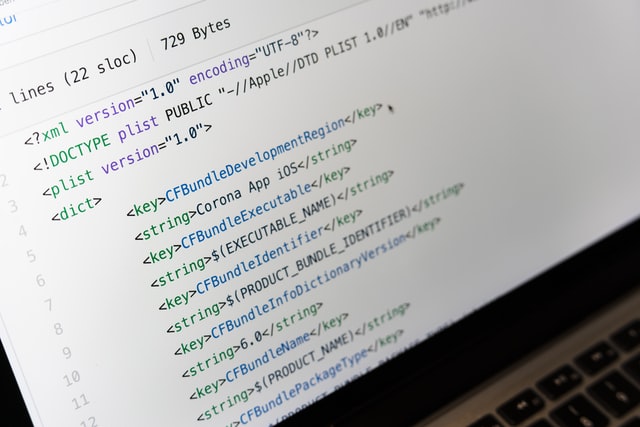

At Davos this month Tim Berners-Lee, regarded widely as the father of the World Wide Web, warned of silos that were disabling users from sharing their postings across websites. Giving the example of users placing their photo albums online, he said “They put their photographs into Flickr. The simplest thing in world, you’d think, would be to share these photos with Facebook friends and LindedIn colleagues. But you can’t do that, because these social networks are a silo. There’s a frustration that I’ve told it all my data, but I as a user don’t have access to that.” He could have added the recent spat about Instagram between Facebook and Twitter.
Although he was not arguing that all information should be free, his vision as the founding father of web-based file sharing is that the power of the Internet should be embraced to help create a world in which in all information is fully shareable. For example, if users wish to share their personal private information they should be able to do so across platforms whereas the reality today is often the reverse: that uploaded personal private information is shared without users’ knowledge, far less their active consent. The social media companies can always claim that their privacy protection policies are there to be invoked if required, but the reality is that no one but a very small number of social activists reads these policies, just as folk who download software click ‘Yes’ to agree to the terms and conditions of usage without having read a word of them.
This would be less of a problem if, as in the case of most software downloads, the legal niceties are standard issues that everyone understands and accepts in principle, if not always in practice. But privacy and data protection issues on social media sites are always being constantly updated because they are not designed to protect property rights; they are designed to extend them. Instagram’s ill-fated effort to claim the right to use users’ photos with their passive consent backfired for this very reason. It was a land-grab driven by the imperatives of monetizing the content. This won’t stop for one simple reason: there is no other business model out there that seems to work. And let’s be clear about that. A social media site may generate revenues through advertising, but if it has a management board or venture capitalists to answer to, the company will be compelled to grow those revenues as far and as fast as possible. This inevitably puts distance between them and the ideals for the Internet of Tim Berners-Lee.
The tragic suicide of Aaron Swartz, apparently under pressure of prosecution for hacking into MIT to make academic journal articles public, highlights another side: the contradiction between the ideals of information sharing on a non-commercial basis and the economy-driven business of journals published by private companies. Universities have outsourced the role of publisher many years ago, retaining editorial control but none over marketing. It seems so anachronistic today when instant access to information over the Web is so easily arranged. Whatever the approval ratings of his methods, the law is blind to a sense of proportionality when is fails to distinguish between actions and motives. These contradictions between the pre-Internet and post-Internet worlds and the laws that apply to each are now very evident for everyone to see.
Photo by Markus Winkler on Unsplash
765qwerty765